The unprecedented economic boom in China since the early 1980s has also sparked an explosion of interest in photography.
Despite the government’s tightening restrictions on media, young photojournalists and documentary photographers continue to push the limit, investigating issues central of a society under constant transition. The fine arts, a market in general on the rise in recent years has offered a new voice for visual artists looking for new modes of experiment and expression.
This list features the new generation of Chinese photographers and visual artists, all under 35, who were born and raised in a time of sweeping change. As China continues to diversify and assert its influence around the globe, these artists offer a glimpse into the ever-changing country and what it means to be Chinese today.
Yuyang Liu
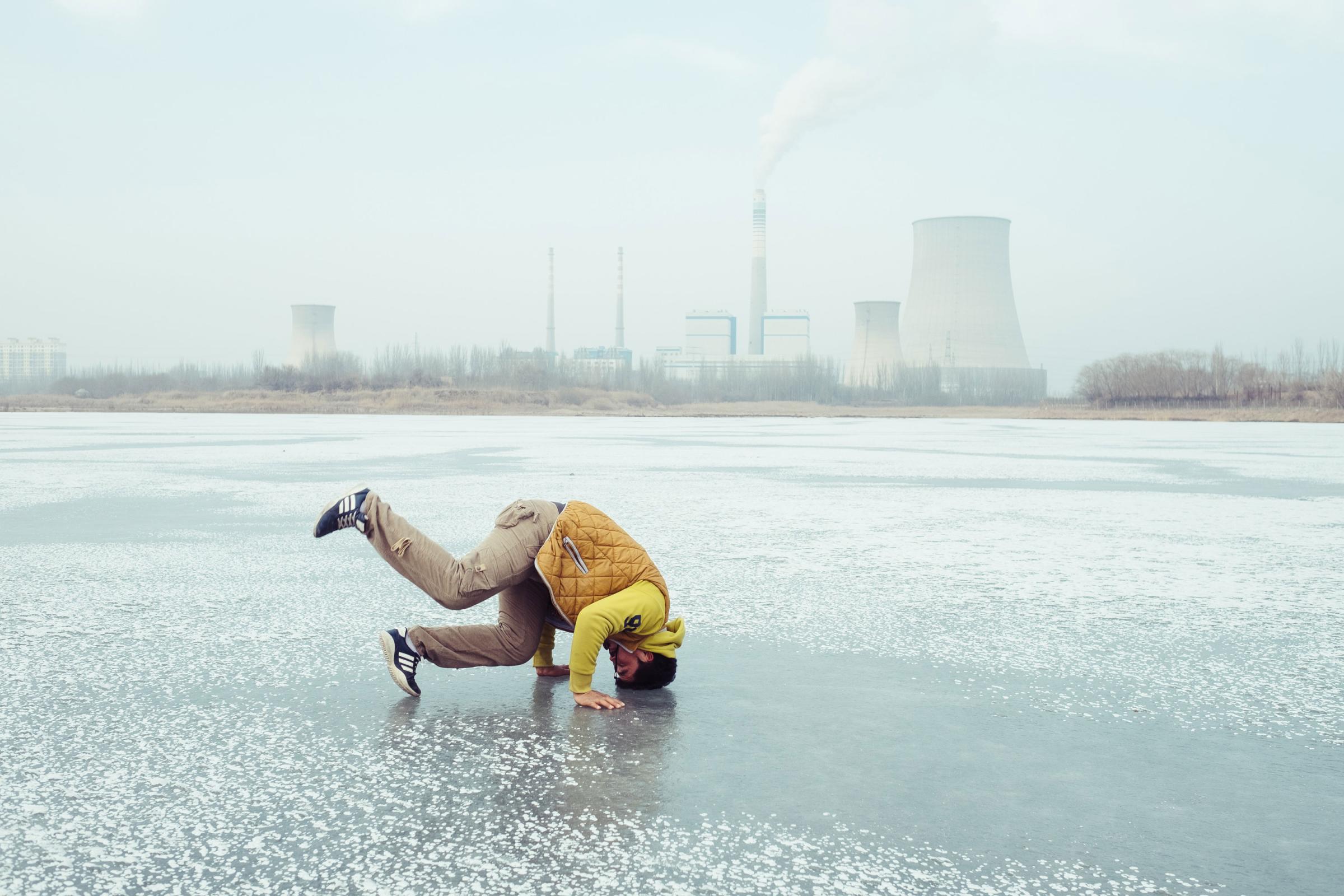
Yuyang Liu is a young but accomplished photographer, winning the prestigious Ian Parry scholarship only a year after taking up photography professionally.
He has a unique ability to get close to his subjects in difficult environment, be it at home with the mentally ill, a subpopulation hitherto ignored among their fellow Chinese, or on board a Chinese fishing boat on the waters of Guinea-Bissau.
With growing tensions between the central government and the Muslim-Uighur population, Liu spent the past two years documenting a government initiative that sends young Uighurs from Kashgar, in China’s far west, to work in the factories in Guangzhou, southeastern China. His skilled documentation aims to explore “the possibility of solving a tense social problem with an economic solution.”
Pinglang Zhou
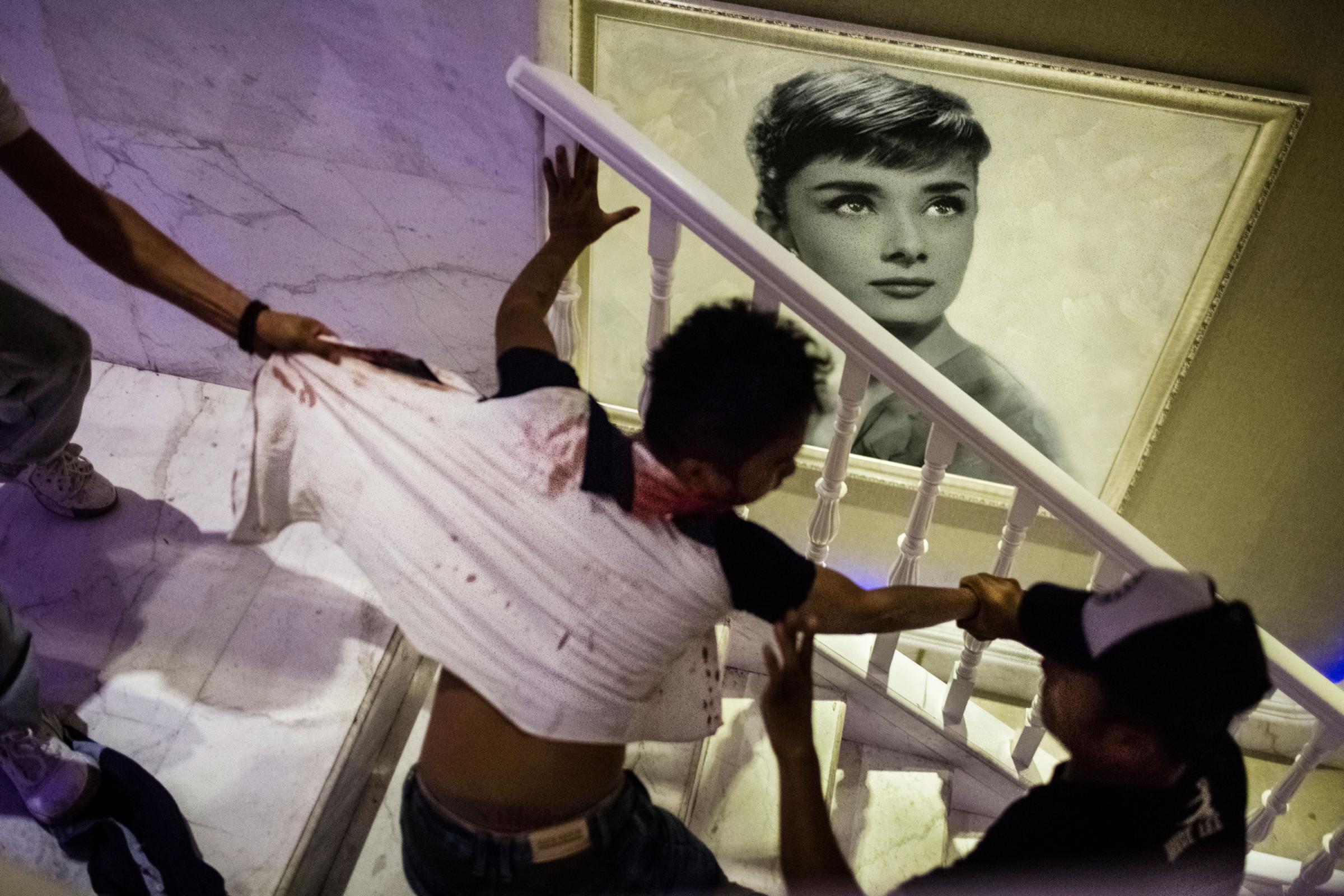
Pinglang Zhou is a visual journalist at Sixth Tone, an English-language news site in Shanghai. Zhou has traveled across China to cover pressing issues with humanizing individual stories.
In Restless Chollywood, Zhou follows several aspiring young adults from the country’s poverty-stricken regions, chasing to become famous overnight in Hengdian World Studios, an ambitious endeavor to overtake Hollywood as the world’s largest film production base.
Zhou’s adept storytelling illuminates the problems facing the Generation Y in a land of seemingly abundant opportunities but little clear direction in which way to head.
Xiaoxiao Xu
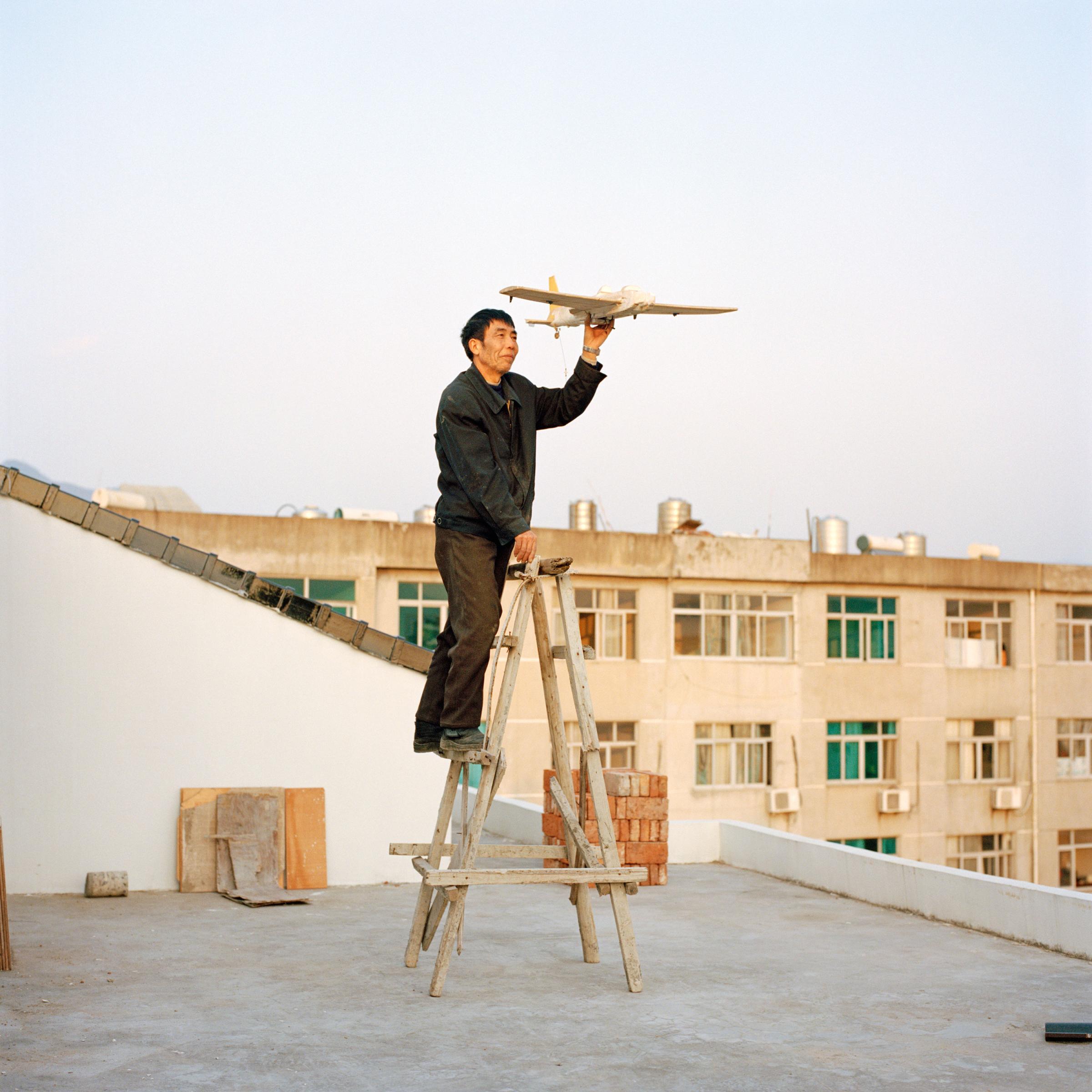
Xiaoxiao Xu’s family migrated from Wenzhou, in southeastern China, to the Netherlands when she was a teenager. The experience has evoked in her a strong desire to tell stories.
In 2015, Xu traveled across China to photograph villagers who are building their own planes from scrap metals and household tools. “I am deeply touched by their resourcefulness, flexibility, positivity, playfulness and childishness,” Xu writes.
The resulting project, Aeronautics in the Backyard, allows viewers to find aspiration and creativity in the least expected places.
Ronghui Chen
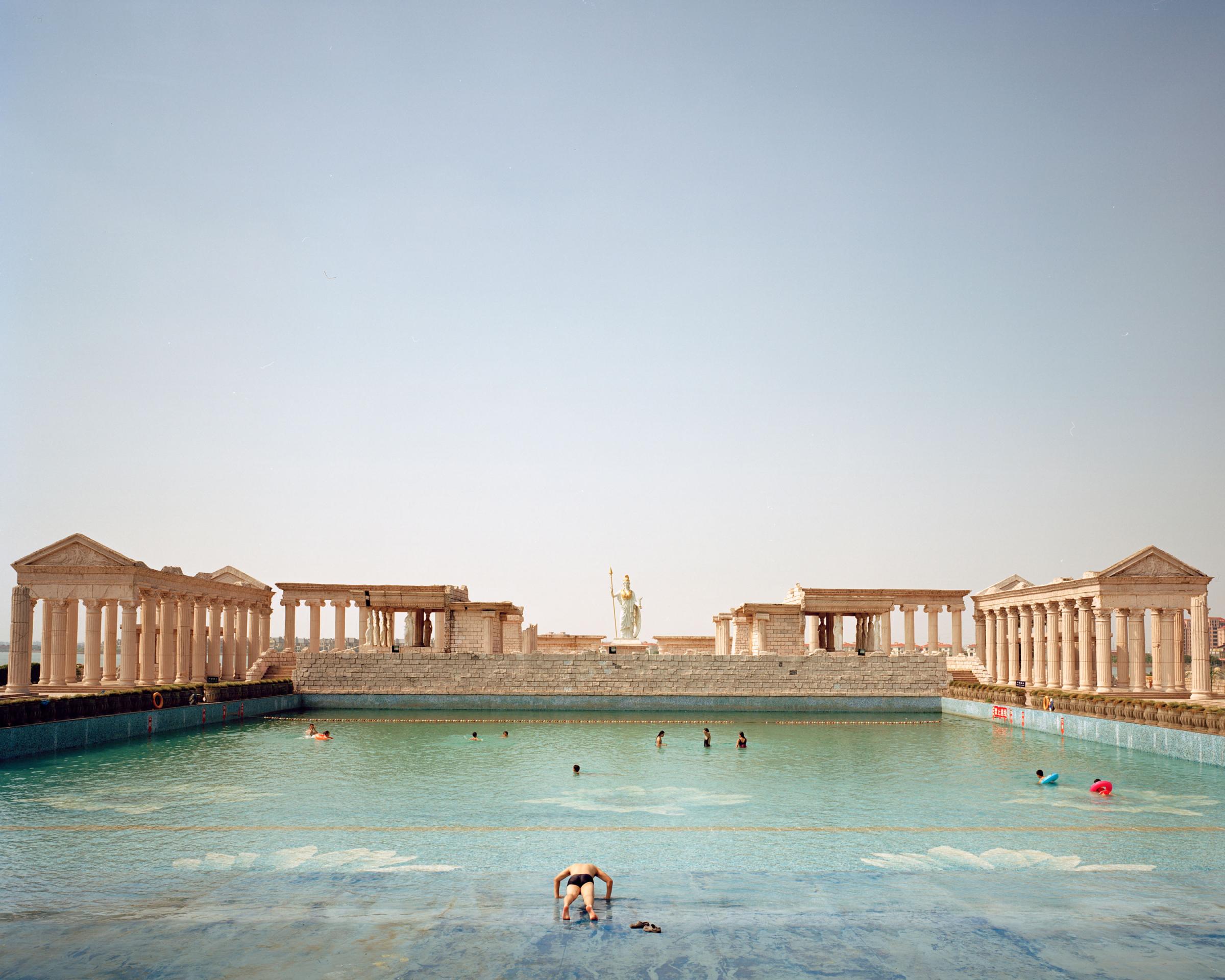
Ronghui Chen is a photographer and photo editor of The Paper, a news website based in Shanghai. His work is a poetic exploration into issues of urbanization, the environment and how young people in particular deal with them.
In 2015, Chen’s photo, Christmas Factory, earned him second place in the Contemporary Issues Singles category in World Press Photo. For his personal work, Chen uses a 8×10 large format camera. His surreal series of theme parks across China captures the strange fascination people have with manufactured fairylands, and how they became “the physical expression of a society’s desires.”
Muyi Xiao
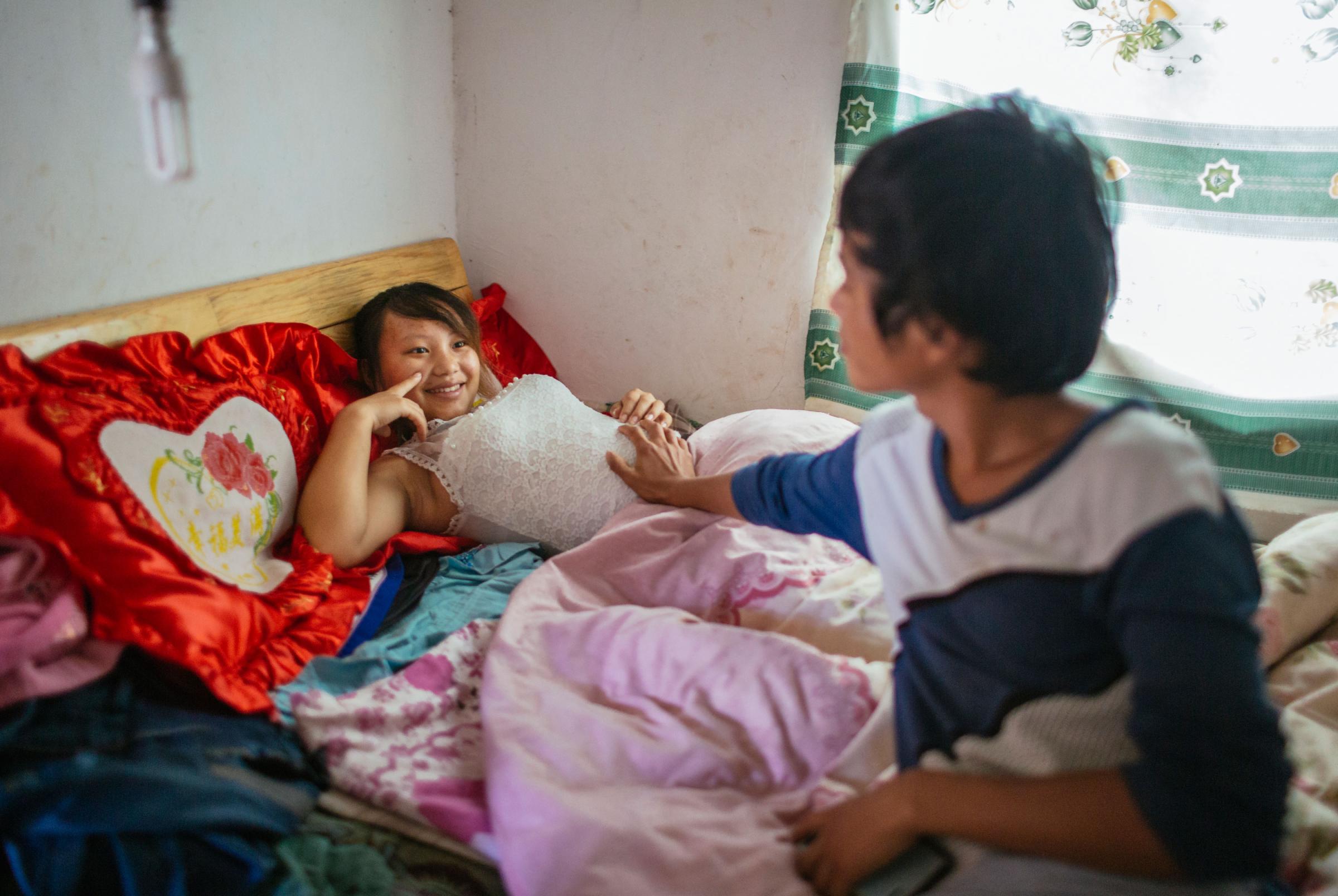
Muyi Xiao started her career as an editor at Reuters in 2012 and soon transitioned into shooting.
She is passionate about telling stories of individuals that can reflect larger social issues, including gender, cross-generational relationship, and poverty in China. Her project, Teenage Marriages, received wide attention at home and abroad over the last two years, in which she photographed a village in rural Yunnan province, where teenage girls marry and have children at their own will.
“Nothing is forced, and they are happy with their life,” Xiao says. “Don’t have a preset before you go shoot…when you keep your mind open, you can learn more from a story.”
Wenxin Zhang
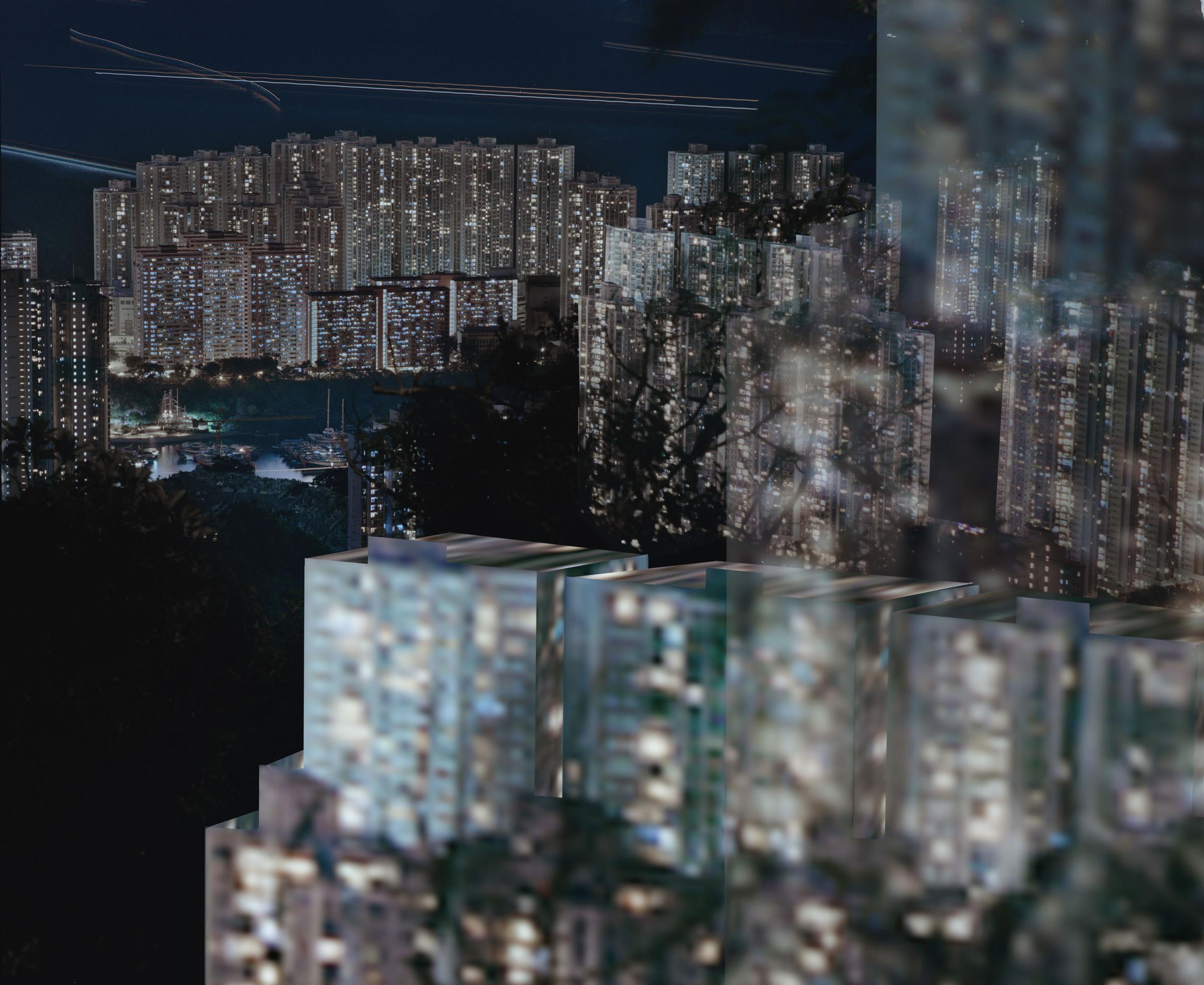
Wenxin Zhang is an interdisciplinary artist based between China and the U.S.
In her latest project, Polymorphic Expedition, Zhang looks for sublime natural and cityscapes, and subverts them “with video games, architecture modeling software and panoramic online maps.”
The uncanny mashup brings about a curious mystique, inviting viewers to participate in the narrative building.
Yan Cong
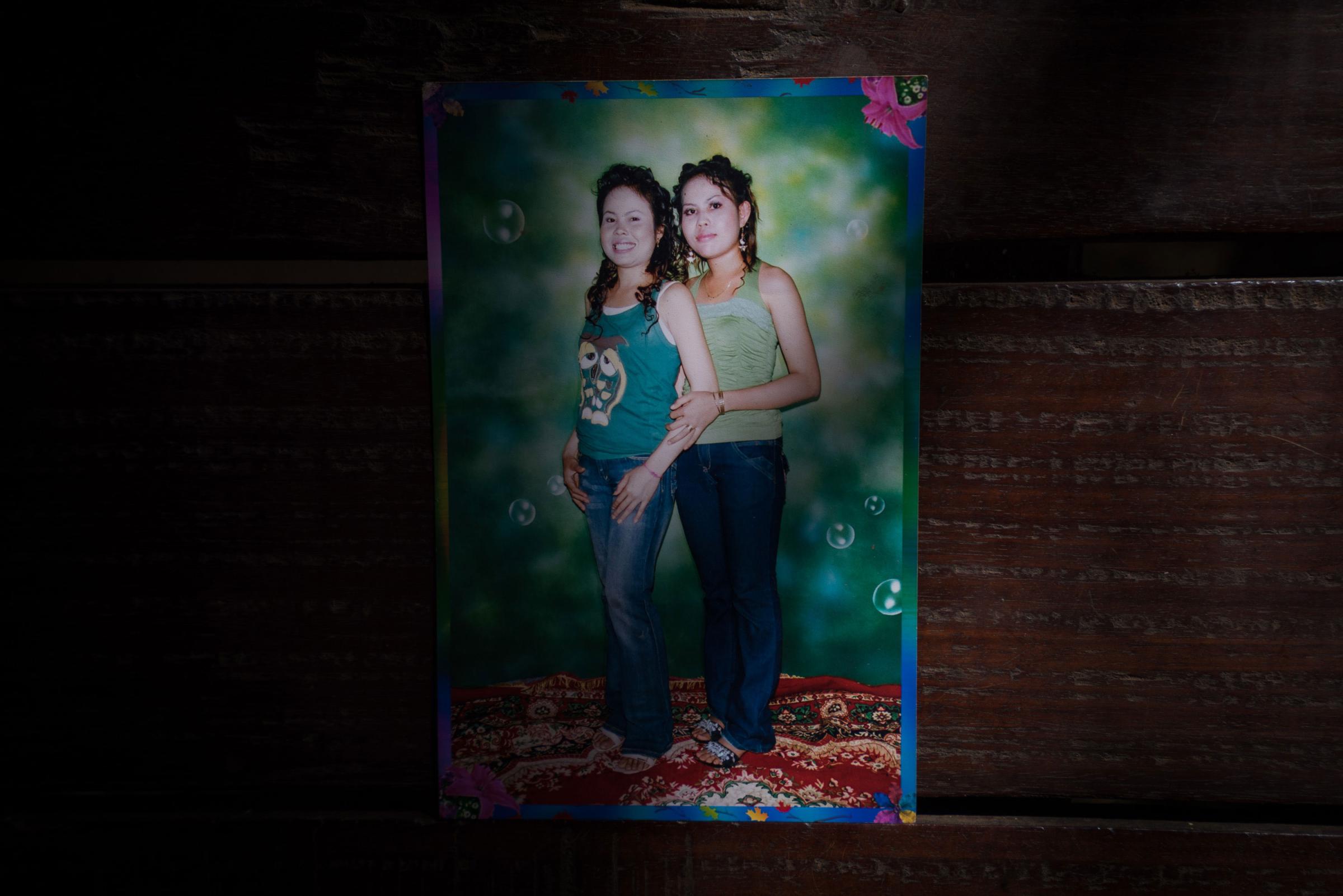
One legacy of China’s now-ended One-Child Policy is the skewed sex ratio, leaving 30 million more men than women. Poor rural men who have trouble finding a partner result to buying wives from neighboring countries such as Cambodia.
Since 2014, visual journalist Yan Cong has intimately chronicled the lives of two sisters who were trafficked to China for marriage. One stayed and had children, the other one fled back to Cambodia.
Her work has been exhibited across Cambodia to raise awareness about marriage trafficking. Based in Beijing, Cong focuses her lens on women’s issues and China’s relation to the outside world. She is a recipient of the Abigail Cohen Fellowship by Magnum Foundation and ChinaFile.
Yangkun Shi
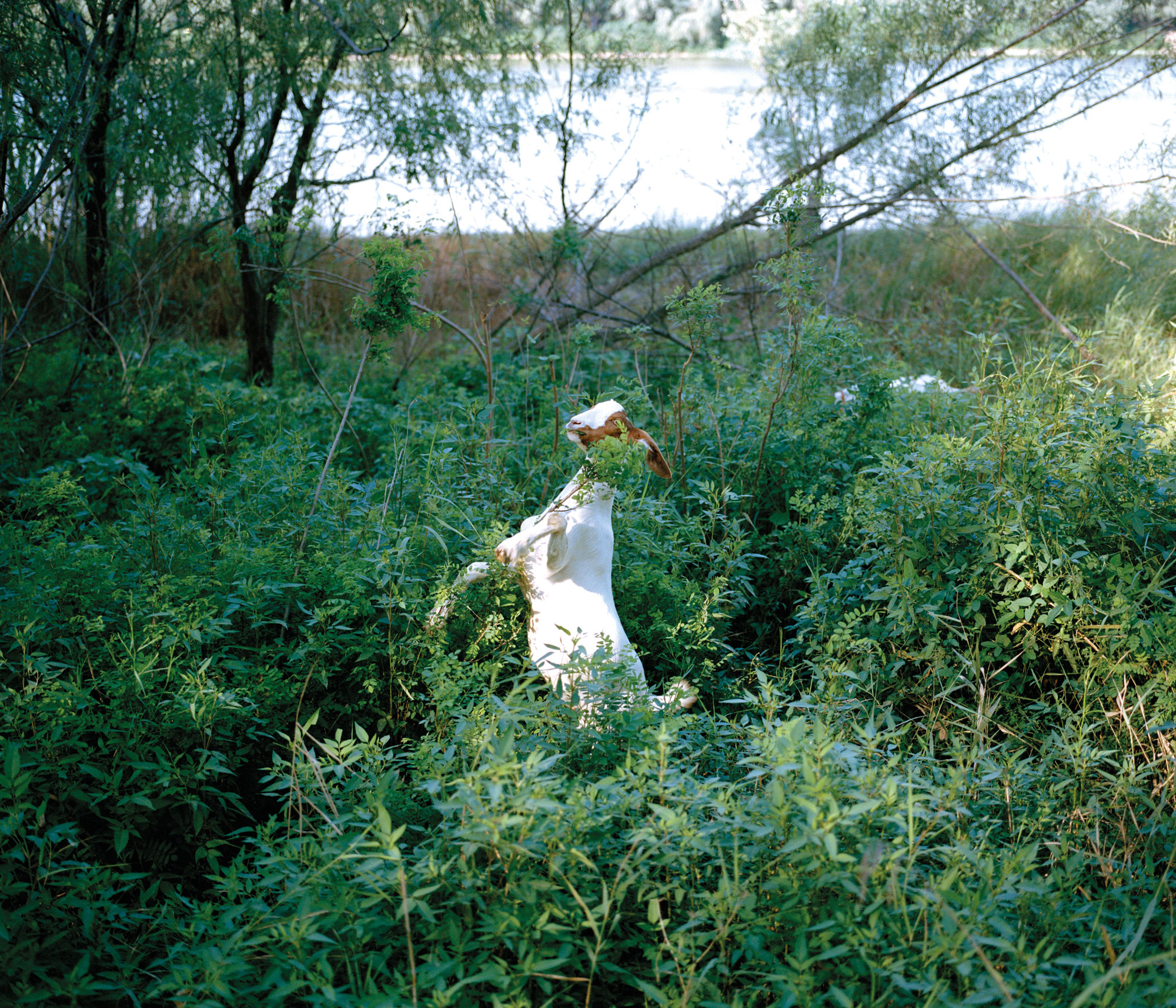
Yangkun Shi is an emerging photographer based between London and China. After studying photography at London College of Communication, Shi returned to China, only to be struck by the tremendous changes that took place in his hometown, Shangshui, in central China.
His project, Solastalgia, as opposed to nostalgia, attempts to explain a sense of homesickness he felt when was actually at home, an experience quite universal to young Chinese who are increasingly mobile today.
Shi’s arresting and melancholic series contains scenes in his hometown and nearby counties that elicit his childhood memories, and through them, he seeks to reconcile a changed self with an unfamiliar home.
Xinhao Cheng

Immediately after Xinhao Cheng finished his Ph.D. in chemistry, the aspiring artist returned to his hometown, Kunming, in the southwestern province of Yunnan, to work on his personal projects.
In his work, Cheng deploys a scientific and anthropological approach, collecting details that can often go unnoticed, then pieces together the seemingly unrelated elements in panoramic images. His work investigates the ambitious process of modernization as well as how new knowledge is produced in China.
His book, The Naming of a River, was shortlisted for Aperture’s First Photobook award in 2016.
More Must-Reads from TIME
- Why Trump’s Message Worked on Latino Men
- What Trump’s Win Could Mean for Housing
- The 100 Must-Read Books of 2024
- Sleep Doctors Share the 1 Tip That’s Changed Their Lives
- Column: Let’s Bring Back Romance
- What It’s Like to Have Long COVID As a Kid
- FX’s Say Nothing Is the Must-Watch Political Thriller of 2024
- Merle Bombardieri Is Helping People Make the Baby Decision
Contact us at letters@time.com